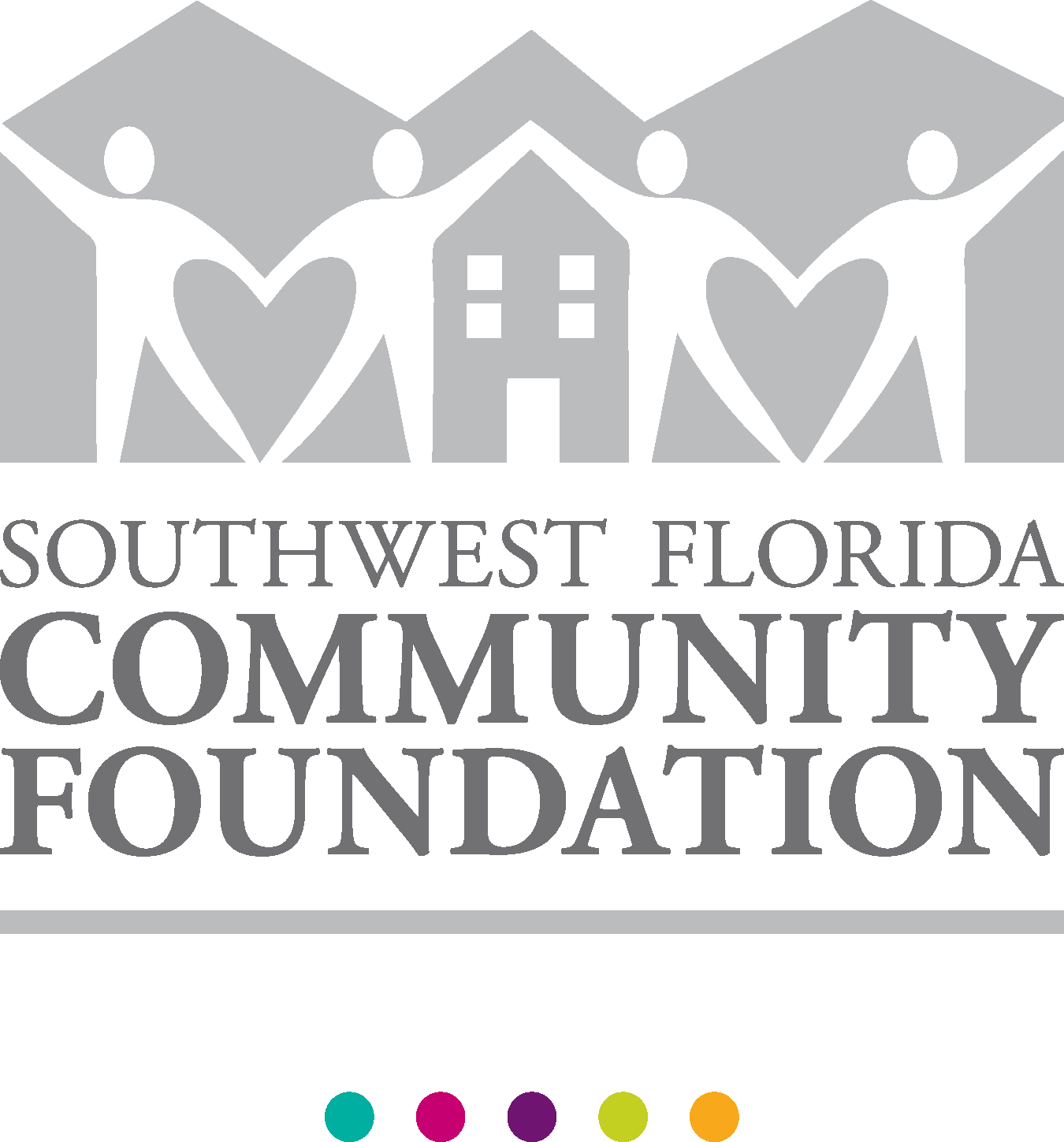Strategic planning is a mindset which can be applied to great swaths of your life. If you’re willing to do the heavy lifting, just like in business, strategic planning provides much improved outcomes.
With all of my exciting plans for Christmas and New Year’s taking a back seat to my second head/chest cold of the season — or, as the Queen’s own was described, my heavy cold — I’ve had some rare down time to do a little thinking about life, the universe and everything. Thinking really takes time, quality time, time which isn’t time-shared with anything more distracting than swimming laps.
I tend not to write about stuff until I’ve had a chance to let new ideas soak in and/or seen how older ideas have stood the test of time and are worthy reprising or refactoring. But one idea that’s been screaming for a post is the notion that the very methodology I developed for strategic HRM and HR delivery systems planning with a focus on improving organization outcomes is a perfectly good methodology for thinking about how to improve the outcomes of your life. Or perhaps my personal life planning approach came first and just morphed into an important part of my professional repertoire.
But whether chicken or egg, what’s important is that we approach all of life with an outcomes-based mindset, one which allows for serendipity, for mazel, but which doesn’t rely on it. If you’re interested in thinking strategically at every stage of life about how best to achieve your major goals, here are some of the key questions to ask yourself:
- What am I trying to accomplish? What are the outcomes I want to achieve?
- How am I doing toward those goals? What specific actions am I taking in order to achieve those outcomes?
- What are the barriers, if any, toward achieving those goals? What (and who!) stands in the path between me and the outcomes I desire and how such each of these impede my progress?
- What could I do, what resources could I draw on, and/or what help could I get to remove those barriers and move toward my goals? And when those barriers are people, how can I either change their behavior to be at least a neutral influence on achieving my outcomes or remove them entirely from my life (but of course without doing them any serious harm)?
- What would help me achieve my own goals more fully, more quickly, with fewer resources, and/or with less pain and suffering? Are there better ways to achieve my desired outcomes? How might I enlarge the solution space (aka think outside the box) in order to find better tactics?
Do you think this way naturally about every aspect of your life? Few people, including me, do so, but it is possible to train our brains to be analytical, to think critically, and to reflect carefully on how to get from where we are to where we want to be. Of one thing you can be sure: without exception, if you don’t know where you’re going, if you haven’t set goals quite firmly, then you sure as hell won’t know when you’ve achieved them and, even worse, you may waste your life wandering around without having accomplished anything. Even worse would be to have very clear goals which you never achieve, in spite of working your little heart out, because you haven’t got a clue on how to get from here to there.







Leave a Reply
You must be logged in to post a comment.